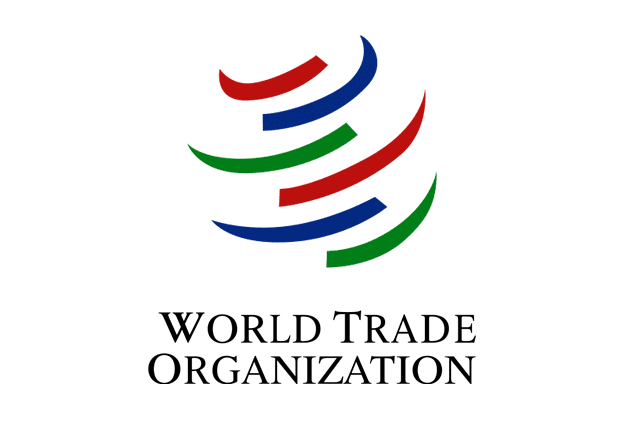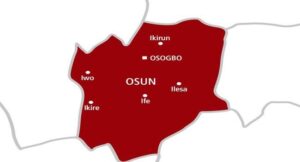
WTO criticizes rising inspections at Nigerian ports, calls for reforms
The World Trade Organisation’s Trade Policy Review organ expressed concerns about Nigeria’s customs procedures, particularly the high rate of physical inspections at ports, urging the country to improve its practices for greater efficiency and cost-effectiveness.
It also noted that the long-standing import bans on numerous agricultural products, along with high tariffs and additional levies, could worsen food insecurity, increase food price inflation, and negatively impact private sector investments in agriculture.
During the recent sixth Trade Policy Review of Nigeria, many members of the WTO’s Trade Policy Review body raised concerns about Nigeria’s significant number of outstanding notifications.
These included issues related to anti-dumping, agriculture, subsidies, state trading enterprises, quantitative restrictions, and import licensing.
The Ambassador of Nigeria to WTO, Adamu Abdulhamid, who also serves as the Chairperson of the WTO Trade Policy Review Body for 2024/2025, noted that the review provided Nigeria with an important opportunity to assess and discuss the country’s trade policy changes since its previous review in 2017.
In his concluding remarks at the policy review session, which concluded in Geneva, Switzerland, over the weekend, Abdulhamid highlighted the presence of the Permanent Secretary of the Federal Ministry of Industry, Trade, and Investment, Ambassador Nura Rimi, who led Nigeria’s delegation.
He also noted the participation of 51 other delegations from around the world in the two-day session.
Rimi stated that members of the WTO Trade Policy Review Body consistently recognized Nigeria’s active participation and constructive role at the WTO, noting its ratification of the WTO Fisheries Subsidies Agreement.
Rimi also emphasized Nigeria’s acceptance of the Protocol amending the TRIPS Agreement and its involvement in the Joint Statement Initiatives on e-commerce, investment facilitation for development, MSMEs, and domestic regulation of trade in services.
Rimi stated, “Members also highlighted Nigeria’s constructive engagement in ongoing negotiations and its instrumental coordinating role concerning fisheries subsidies and agriculture negotiations.
“Some members encouraged Nigeria to join the Multi-Party Interim Appeal Arbitration Arrangement and the Government Procurement Agreement, as well as to incorporate the Services Domestic Regulation commitments into its WTO schedule of commitments.
“Members welcomed Nigeria’s initiative to undertake significant economic policy reforms against a particularly challenging global economic environment to strengthen its macroeconomic and fiscal situation.”
He explained that three main areas were emphasized, including the removal of fuel subsidies, which Nigeria aimed to achieve in order to support the fight against climate change.
Rimi said, “Second, the introduction of a floating and market-driven foreign exchange rate system and removal of restrictions on the use of foreign exchange for imports.
“And third, efforts to improve its business and trade environment, including by adopting a new customs code, starting to improve tax administration, and enacting new copyright and competition acts.”
He noted that members also emphasized the importance of further reforms to enhance transparency and predictability in the business and investment environment, particularly by improving the complex regulatory frameworks for Technical Barriers to Trade (TBT) and Sanitary and Phytosanitary (SPS) measures.
Rimi stated, “Members also praised Nigeria’s various growth and development plans as well as its new trade and investment policies aimed at diversifying the economy.
“They also expressed strong interest in better understanding the implementation of existing subsidy schemes. In this context, some delegations noted the increasing share of trade in goods and services in Nigeria’s GDP, and highlighted the increase in the share of the manufacturing sector in GDP, which nearly doubled from 8.6% in 2017 to 15.7% in 2023.
“Members lauded Nigeria’s efforts on trade facilitation and for streamlining its customs procedures, including by introducing the Authorised Economic Operator scheme in 2024.”




